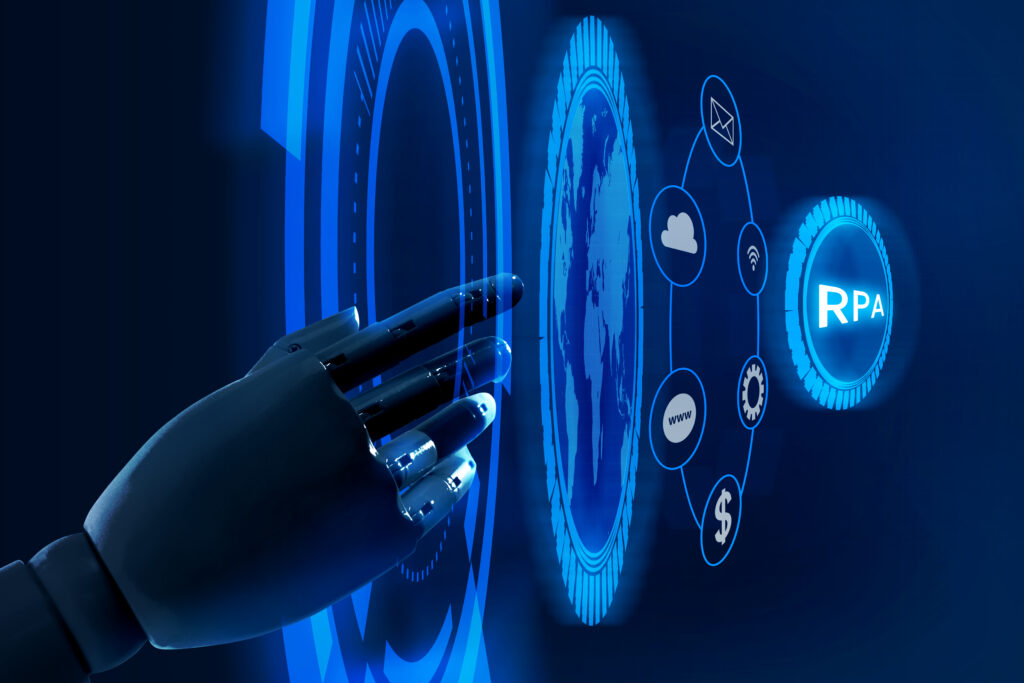
The next stage of the Fourth Industrial Revolution features two major protagonists: the collaborative paradigm and predictive analysis driven by artificial intelligence.
Industry 4.0 involves smart production ecosystems designed and programmed based on managing large volumes of information. The goal is to enable better detection, prediction, and interaction with the physical world, in order to make decisions that support and optimize real-time production. With this in mind, the great challenge for companies is how to capture, organize, and manage data more quickly and effectively.
Focusing on production, it all comes down to supply chain management. Achieving 4.0 standards means concentrating on this area, from data capture to system integration, through the analysis and organization of all that information, aiming to detect patterns, create simulated scenarios, and predict future scenarios.
In this regard, the challenge is collaboration with all actors involved in the chain: I refer to real-time data flows that can be managed and integrated into daily workflows and systems.
This is why the future of Industry 4.0 undoubtedly involves raising the bar for collaboration. According to Francisco Betti, director of the “Advanced Manufacturing and Production” platform at the World Economic Forum (WEF), having a fully connected value chain is crucial for the higher stages of the Fourth Industrial Revolution. “It’s not just about digitizing your own facilities, but also incorporating your suppliers into that process. This enables to boost productivity, efficiency, and growth, but also enables new business models,” he notes.
A Future Marked by AI
Industry 4.0 draws from technologies like cloud computing, Big Data, robotics, and the Internet of Things (IoT), all of which can work together in an interconnected ecosystem: IoT devices and sensors capture and share data that is stored and organized in the cloud, where analysis and AI can be applied to optimize business decisions.
Increasingly in the coming times, collaboration will have a key partner in Artificial Intelligence (AI). In a world of complexity and risk, as big data grows, companies will increasingly use AI to accelerate the path to digitization. In Spain, according to IDC Research, this technology is expected to grow by 27% annually until 2025.
In the future of Industry 4.0, AI-driven predictive and prescriptive analysis will play an increasingly important role. From “what is happening now” to diagnosing “what will happen next” and “what should happen next.”
In terms of the supply chain, this involves synthesizing large datasets and thousands of variables to predict demand, synchronize production, and optimize decisions related to procurement and logistics. What is the future vision? For AI to provide instant responses and make autonomous decisions that optimize supply chain performance.
An important point to highlight is that if we propose taking a step beyond mere data segmentation and think of an interconnected, intelligent, and autonomous system across the supply chain, it implies setting aside a competitive mindset: as mentioned at the beginning, in the future of 4.0 data management, collaboration with all ecosystem actors is the way forward.
Industry 4.0 is defined by technology, but its end goal is to improve human activities, so its future is closely related to how relationships and the commitment of all parties are intertwined to respond most effectively to the challenges of the context.


